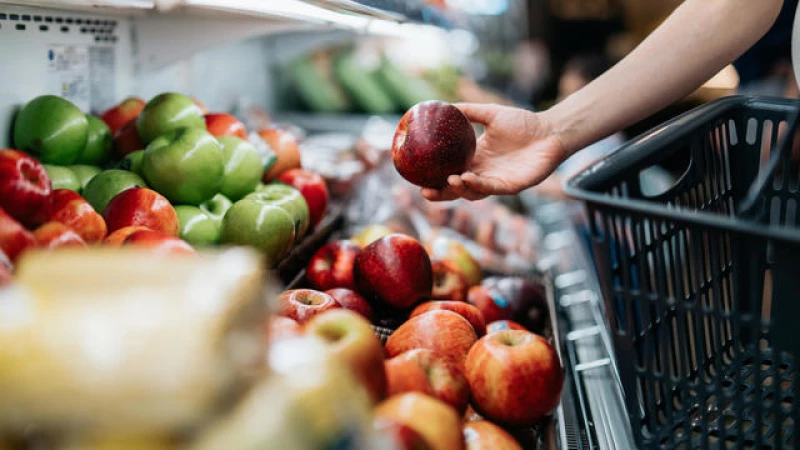A listeria outbreak linked to peaches, plums and nectarines has affected 11 individuals across seven states, resulting in one death, according to the Centers for Disease Control and Prevention. The CDC estimates that there are approximately 48 million cases of foodborne illnesses in the United States annually.
After suffering from a severe case of food poisoning, Meghan Elarde has become a more cautious shopper. In an interview with CBS News, she expressed her fear and stated, "I got so violently ill. It was frightening."
Elarde's experience has made her increasingly concerned about the safety of her groceries. As a result, she now purchases hydroponic lettuce, which is grown in a controlled water-based environment, from Tom's Market in Warrenville, Illinois. She appreciates that this type of lettuce is pesticide-free and has limited human contact during its production.
Previously, Elarde used to buy bagged lettuce, which, along with other leafy greens, ranks number one on Consumer Reports' 10 Risky Recalled Foods list due to the numerous illnesses, outbreaks, and recalls associated with them.
According to a food microbiologist and Consumer Reports' director of food safety, bagged lettuce goes through several steps before it reaches consumers. It is grown in a field, taken through a processing plant, cut up, and then bagged. This means that there are many opportunities for contamination to occur.
The same applies to pre-cut fruit, so it is recommended to buy whole fruit and cut it yourself.
Cheese and deli meats, ground beef, onions, turkey, chicken, papaya, peaches, melon, and flour are also considered risky foods, according to Consumer Reports.
If a melon's rind comes in contact with contaminated irrigation water, the contamination can transfer to the fruit when it is cut. It is advised to avoid bruised onions and produce, as bacteria can enter and cause gastrointestinal issues, which can be especially serious for those with weakened immune systems.
According to the CDC, more than 3,000 people die from foodborne illness every year.
Experts emphasize the importance of staying informed about recalls and taking care when preparing food.







